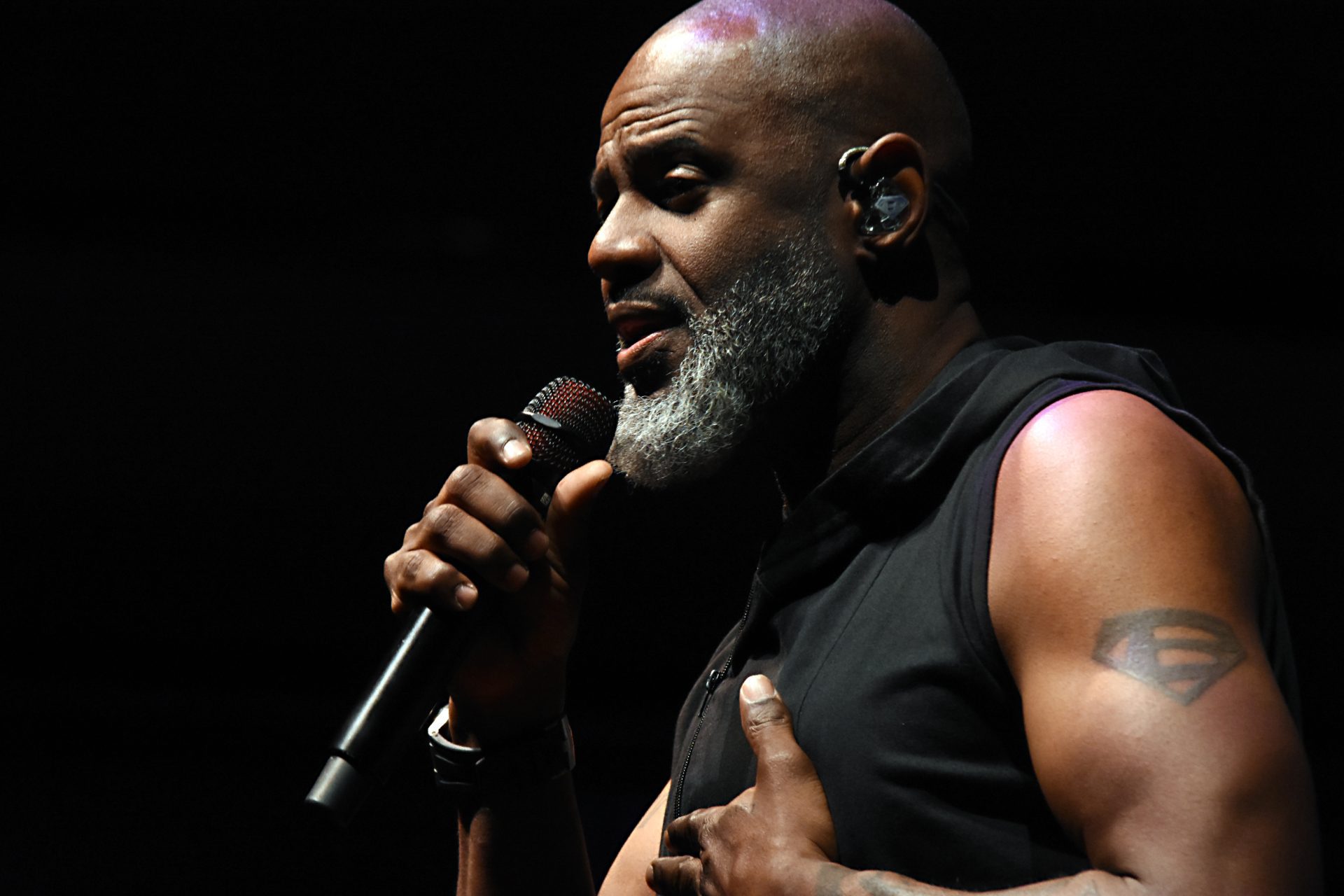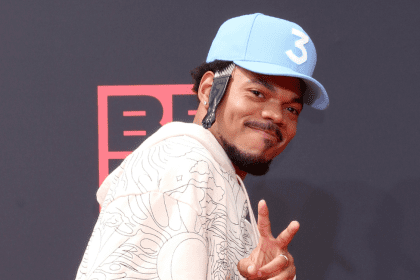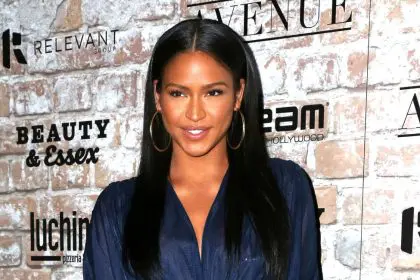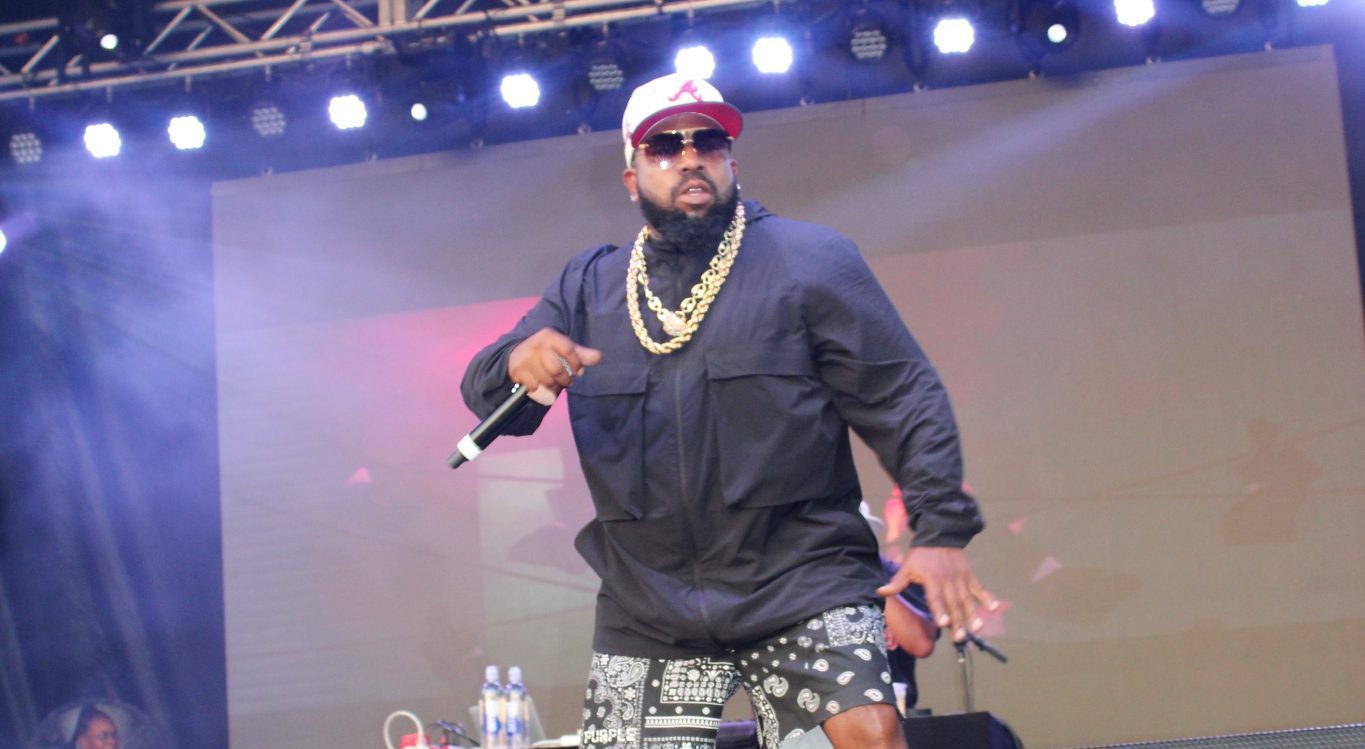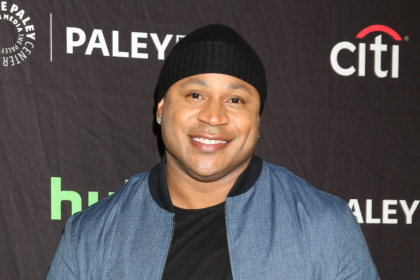Brian McKnight, the acclaimed R&B vocalist and songwriter, has stepped into legal territory by filing a defamation lawsuit against singer and social media commentator Jaguar Wright. The legal action comes in response to Wright’s public allegations claiming McKnight engaged in abusive behavior. This development unfolds against a backdrop of increasing scrutiny regarding Wright’s history of making controversial accusations against various entertainment industry figures.
The multi-Grammy-nominated artist, whose smooth vocals and heartfelt compositions have defined contemporary R&B for decades, finds himself in an unwanted spotlight as he works to protect his professional legacy and personal reputation. McKnight’s decision to pursue legal recourse represents a significant moment for celebrities navigating the complex landscape of social media accusations and public perception.
Legal complaint details harmful accusations
According to court documents recently submitted, McKnight’s lawsuit specifically addresses Wright’s online dissemination of what he characterizes as damaging and salacious allegations. These claims include assertions that McKnight abused his former spouse, Julie McKnight, and engaged in mistreatment of sex workers during personal encounters.
McKnight has categorically denied these allegations through his legal representatives, emphasizing that he had no knowledge of any familial relationship between Wright and his ex-wife. This point appears central to his defense against what he describes as a campaign of harmful misinformation.
The legal filing seeks financial compensation for reputational damage caused by Wright’s statements, which McKnight maintains are not only factually incorrect but have caused significant harm to his standing as a respected artist. The “Anytime” hitmaker appears determined to utilize the legal system to restore his reputation and safeguard the musical legacy he has built throughout his decades-long career in the industry.
Wright’s pattern of controversial claims
This defamation lawsuit represents the latest chapter in a growing controversy surrounding Wright’s public accusations. The situation gained international attention last October when British broadcaster Piers Morgan found himself embroiled in legal complications after hosting Wright on his television program Uncensored.
During that highly publicized interview segment, Wright leveled serious accusations against several entertainment industry powerhouses, including Sean “Diddy” Combs, Jay-Z, and Beyoncé. Her allegations suggested these prominent figures had engaged in various forms of abusive behavior—claims that quickly drew legal responses from those implicated.
The aftermath proved embarrassing for Morgan, who subsequently issued a public apology after receiving formal legal correspondence from representatives of Jay-Z and Beyoncé. In his retraction statement, Morgan acknowledged that Wright unexpectedly made several serious allegations about Jay-Z and Beyoncé during the interview. He noted that they were not present to respond or defend themselves, but now they have responded. The incident highlighted the media’s responsibility when platforming individuals making unsubstantiated claims against public figures.
Broader implications for abuse survivors
Beyond the immediate parties involved, the proliferation of Wright’s allegations raises significant concerns regarding the potential harm that false accusations can inflict on legitimate survivors of abuse. This dimension of the controversy was specifically addressed by Alex Spiro, legal counsel representing Jay-Z and Beyoncé, who emphasized the potential societal damage of irresponsible reporting.
Spiro stated that Morgan’s actions effectively drowned out the voices of actual victims in an ongoing case and investigation, which was unacceptable. This perspective underscores the delicate equilibrium between protecting free expression and preventing the harm that can result from broadcasting unsubstantiated accusations.
Entertainment industry’s credibility challenges
McKnight‘s legal battle occurs within a broader context where the entertainment industry increasingly grapples with questions of accountability, truth, and the power of social media to amplify both factual and false narratives. The case illustrates how public figures must now navigate not only traditional media scrutiny but also the rapid-fire court of public opinion that social platforms facilitate.
For established artists like McKnight, whose career spans multiple decades and musical evolutions, these modern challenges present unprecedented tests of resilience. His decision to pursue formal legal channels rather than engaging in social media rebuttals reflects a calculated approach to addressing serious reputation threats.
The path toward resolution
As the legal proceedings advance, both McKnight and entertainment industry observers will be watching closely to see how courts balance free speech protections against defamation claims in the digital age. The case may establish important precedents for how public figures can respond to potentially damaging allegations that spread through social media channels.
McKnight‘s pursuit of justice through formal legal mechanisms serves as both a personal quest for reputation restoration and a broader statement about accountability in contemporary media environments. As an artist who has built his career on emotional authenticity and musical integrity, his approach to this controversy appears consistent with his professional ethos—measured, deliberate, and focused on long-term outcomes rather than immediate gratification.

